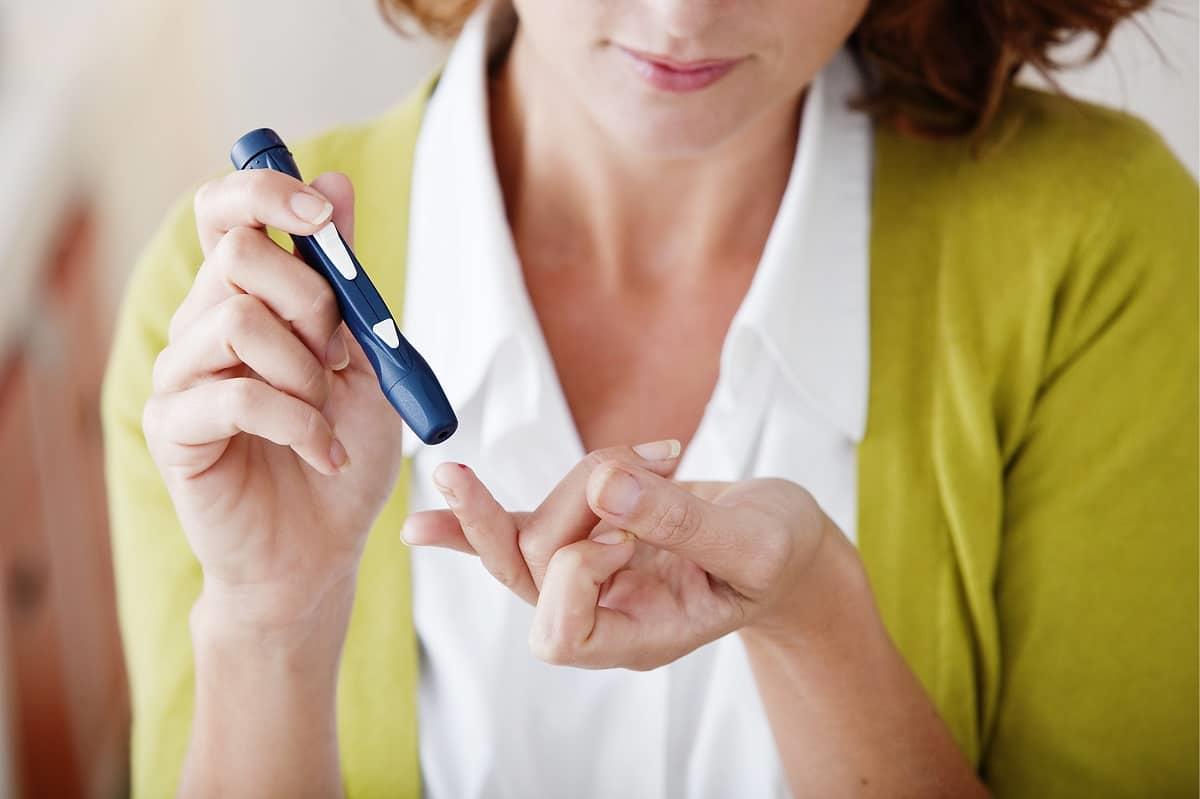Sudden onset of diabetes may be a harbinger of pancreatic cancer!
Expressing that there is a connection between obesity and pancreatic cancer, General Surgeon Prof. Dr. Ali Kağan Gökakın said, “Sudden-onset diabetes can be an early sign and stimulant of pancreatic cancer. It is considered remarkable when such a situation is noticed, especially in people who do not have a family history of diabetes.” He talked about the symptoms of the disease and the treatment process.

It is usually detected in the late stage, as it does not cause symptoms in the first stages
Stating that pancreatic cancer is a type of cancer that is usually diagnosed late and progresses rapidly, Prof. Dr. Ali Kağan Gökakın said, “In addition to genetic factors, wrong habits and environmental factors can increase the risk of pancreatic cancer. This cancer usually does not show symptoms in its early stages. However, when symptoms such as stomach bloating, stomach-back pain or sudden weight loss occur, they are often ignored as they are mistaken for other diseases. In this case, the cancer spreads rapidly and is usually detected at a late stage.” He stated that early diagnosis is of great importance in the fight against the disease.
Referring to the main symptoms and risk factors of the disease, Prof. Dr. Gökakın said, “Smoking is known as a risk factor for pancreatic cancer. In addition, family history, genetic factors and some mutations have been identified as factors that facilitate the emergence of the disease. The disease often begins with vague symptoms. Abdominal fullness, discomfort and loss of appetite are common symptoms in most patients in the early period. However, these symptoms can be perceived as a simple stomach problem, so the probability of early detection of the disease is reduced.”
“There is a link between obesity and pancreatic cancer”
Expressing that there is a link between obesity and pancreatic cancer, Prof. Dr. Gökakın said, “Three-quarters of patients diagnosed with pancreatic cancer have a sugar metabolism disorder or type 2 diabetes. Long-term exposure to high insulin levels and high blood sugar are seen as the main underlying disorders in the development of pancreatic cancer, and pancreatic cancer is detected in one quarter of newly diagnosed diabetics. He warned that the possibility of a tumor developing in the pancreas should also be evaluated at high blood sugar levels, which are difficult to lower and appear suddenly.”
“Sudden onset diabetes may be an early sign of pancreatic cancer”
Prof. Dr. Ali Kağan Gökakın said, “In some cases, sudden onset diabetes can be an early sign and stimulant of pancreatic cancer. It is considered remarkable when such a situation is noticed, especially in people who do not have a family history of diabetes. Pancreatitis attacks that develop without an obvious factor such as gallstones or alcohol use may also be an early sign of pancreatic cancer. In the later stages of the disease, symptoms such as severe abdominal and back pain, jaundice, weight loss, and swelling in the abdomen occur. Unfortunately, these findings are considered an indication that the disease has exceeded its curable limits.”
The disease may recur after treatment
Stating that the first priority method in the treatment of pancreatic cancer is surgical removal of the tumor, Prof. Dr. Gökakın said, “In the post-operative period, chemotherapy and radiotherapy become a necessity for almost all patients. However, in cases where surgical removal of the tumor is not possible, local advanced chemo-radiotherapy is used to reduce the size of the tumor and the chance of surgery can be obtained. The pancreas is an organ located in the posterior abdominal wall and is located on the passageway of many blood and lymph vessels. Therefore, the probability of recurrence of the disease after treatment increases. There is a possibility that treated patients will encounter pancreatic cancer again, usually within 3 years on average. It is thought that increasing long-term success rates will be possible with the discovery and use of more effective chemotherapy agents.” made its assessment.
Adding that pancreatic cancer is mostly caused by wrong living habits and environmental factors, General Surgeon Ali Kağan Gökakın listed some of the measures that can be taken in the fight against the disease as follows:
Turkish coffee reduces the risk of pancreatic cancer
Drink a cup of Turkish coffee a day. Whether caffeinated or decaffeinated, coffee is a beverage thought to be effective in reducing the risk of pancreatic cancer. Pay attention to environmental factors and avoid exposure to chemicals. Limit the use of harmful chemicals such as cleaning products and pesticides in the home and workplace.
If you have a group at risk or a possible lesion in the pancreas, do not miss your regular check-ups. Particular attention should be paid to former smokers, diabetics, those who lose weight rapidly without reason, or those with known pancreatic or biliary tract pathology.”



